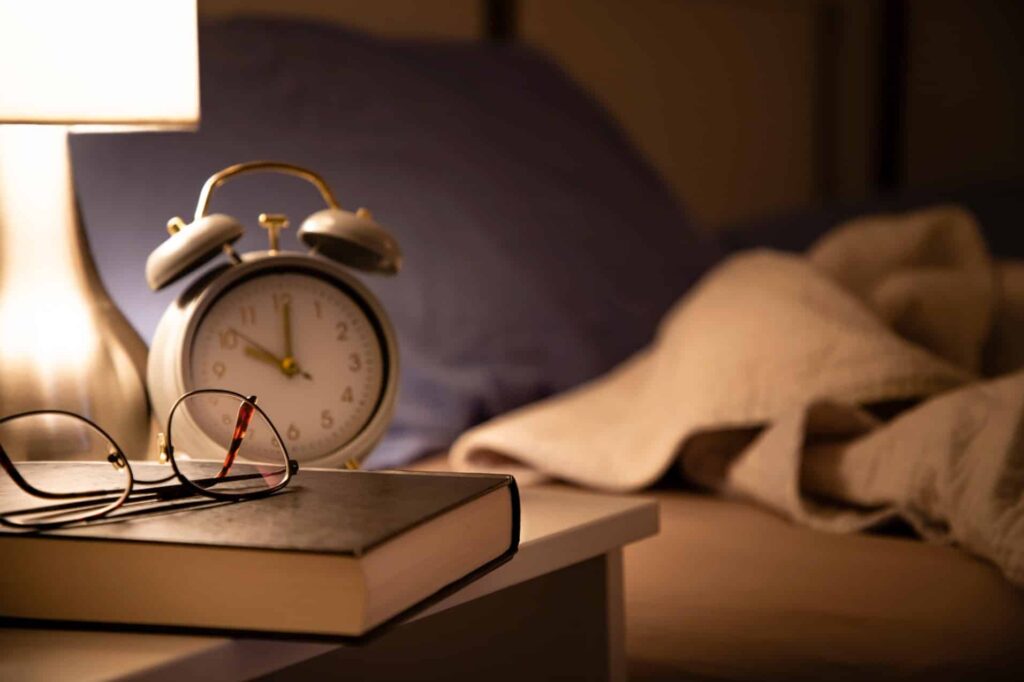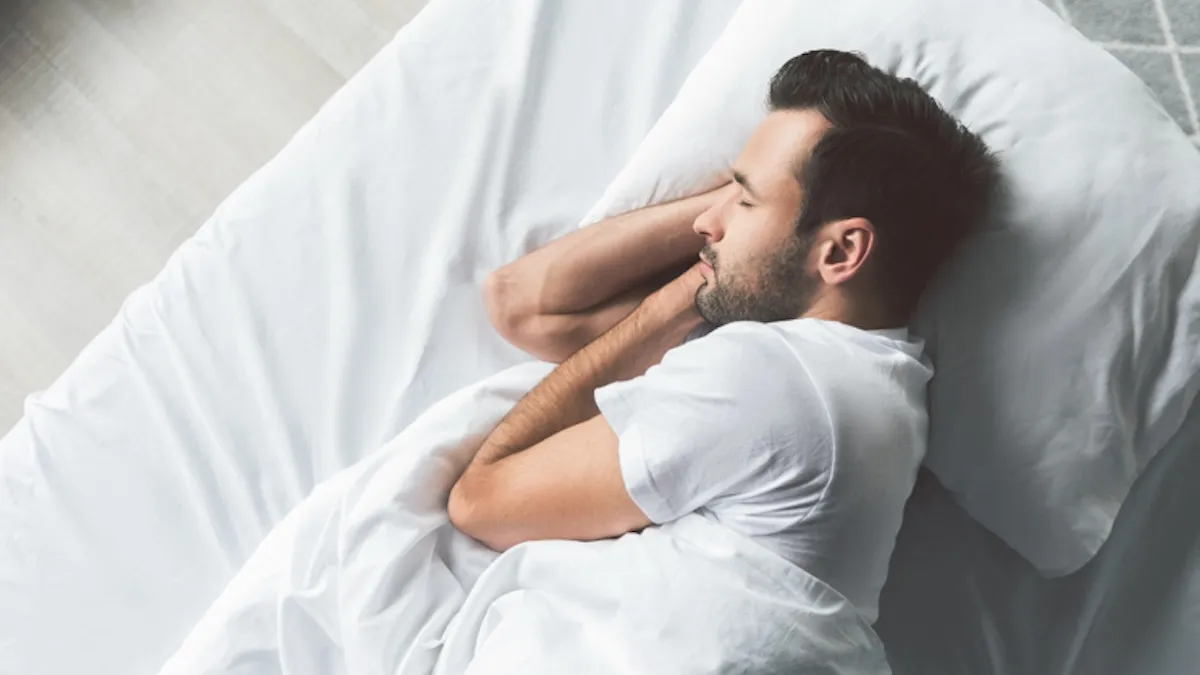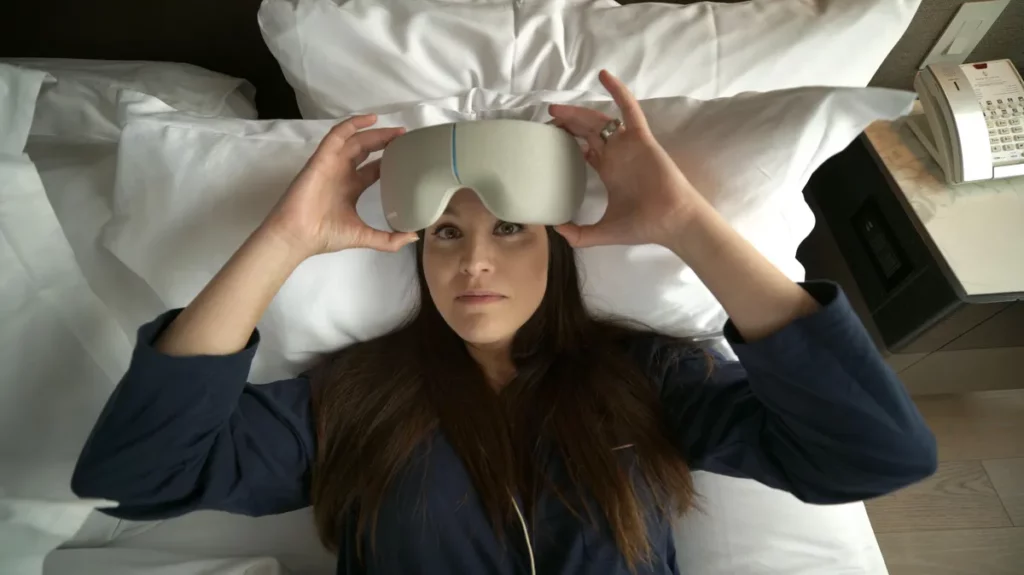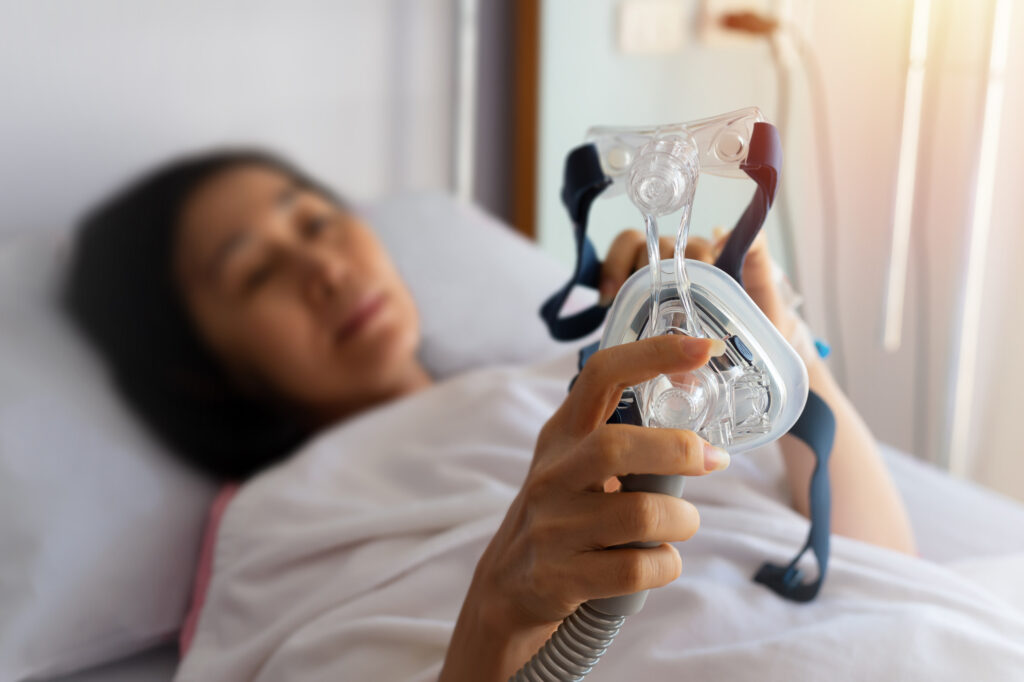Tips for Understanding Sleep Study Processes and Results
Have you ever wondered why doctors recommend sleep studies? Or perhaps you’ve recently completed a sleep study and are now trying to decipher the results. Understanding the processes and results of sleep studies can provide valuable insights into your sleep patterns and overall health. In this article, we will explore the importance of sleep studies, the procedure involved, how to interpret the results, and ways to apply these insights to improve your sleep quality.
Understanding the Importance of Sleep Studies
Sleep plays a crucial role in our health and well-being. It is during sleep that our bodies repair and rejuvenate, allowing us to wake up refreshed and energized. However, for many individuals, achieving restful sleep can be a challenge. This is where sleep studies come in.
Understanding sleep study results can be challenging, as the reports often contain unfamiliar terms and technical jargon. Here, we will break down some common terms and provide insights into what they mean for your sleep health.
Sleep studies, also known as polysomnography, are diagnostic tools used by medical professionals to assess sleep patterns and identify potential sleep disorders. Through these studies, valuable information can be gathered, helping doctors make accurate diagnoses and recommend appropriate treatments.
The Role of Sleep in Health and Wellness
Quality sleep is essential for optimal health and wellness. During sleep, our bodies undergo various processes such as tissue repair, hormone regulation, and immune system support. Lack of quality sleep has been linked to an array of health issues, including obesity, diabetes, cardiovascular disease, and mental health disorders.
Imagine this: while you sleep, your body is like a bustling construction site, with cells working tirelessly to repair any damage that occurred during the day. It’s like a well-orchestrated symphony, with hormones acting as conductors, ensuring everything is in perfect harmony. Without this restorative period, our bodies would struggle to function at their best.
By understanding the importance of sleep and its impact on our overall well-being, we can appreciate the value of sleep studies in identifying and addressing any sleep-related problems.

Why Doctors Recommend Sleep Studies
Doctors recommend sleep studies for several reasons. Firstly, sleep studies are useful in diagnosing sleep disorders such as sleep apnea, narcolepsy, and restless legs syndrome. These disorders can significantly impact quality of life and require proper management.
Imagine feeling constantly fatigued, unable to concentrate, and experiencing frequent interruptions in your breathing while you sleep. It’s like trying to run a marathon with a weight tied to your ankle. Sleep studies help doctors uncover these underlying issues and provide targeted treatments to alleviate symptoms and improve quality of life.
Furthermore, sleep studies help doctors evaluate the effectiveness of certain treatments or interventions for sleep-related issues. By monitoring sleep patterns and measuring various physiological parameters, doctors can assess whether a particular treatment plan is effective or adjustments are needed.
Imagine this: you’ve been diligently following a treatment plan for your sleep disorder, but you’re not sure if it’s truly making a difference. Sleep studies act as a compass, guiding doctors in determining whether the treatment is steering you in the right direction or if a course correction is necessary.
In conclusion, sleep studies are invaluable tools in the field of sleep medicine. They provide a deeper understanding of sleep patterns and help doctors diagnose and manage sleep disorders effectively. By recognizing the importance of quality sleep and the role sleep studies play, we can prioritize our well-being and take the necessary steps towards a restful night’s sleep.
The Process of a Sleep Study
Now that we understand the importance of sleep studies, let’s dive into the process itself. A sleep study typically involves spending a night in a specialized sleep center, where your sleep will be monitored and recorded.
Preparing for Your Sleep Study
Before your sleep study, your healthcare provider will provide specific instructions on how to prepare. This may include avoiding caffeine and alcohol, as well as certain medications, on the day of the study. It’s important to follow these instructions to ensure accurate results. Know more about medications on https://www.cancer.gov/publications/dictionaries/cancer-terms/def/medication
Additionally, you may be asked to fill out a questionnaire about your sleep habits and any symptoms you may be experiencing. This information will help the sleep specialist gain a better understanding of your sleep patterns and any potential sleep disorders that may be affecting you.
On the day of the study, you will arrive at the sleep center in the evening, where you will be shown to your sleep room. The room is designed to resemble a comfortable bedroom, ensuring a relaxed and natural sleep environment. The bed will be equipped with sensors and electrodes that will be used to monitor your sleep throughout the night.
What Happens During a Sleep Study
During the sleep study, a technician will attach various sensors to your body. These sensors will monitor your brain waves, eye movements, heart rate, breathing patterns, and oxygen levels while you sleep. While this may sound overwhelming, the sensors are painless and generally do not disrupt sleep.
In addition to the sensors, a small device called an oximeter may be placed on your finger or earlobe to measure your blood oxygen levels. This is important in detecting conditions such as sleep apnea, where breathing pauses during sleep can lead to drops in oxygen levels.
Once all the sensors are connected, you will be able to settle into bed and try to sleep as you normally would. The technician will be in a nearby control room monitoring your sleep throughout the night. They will be able to observe your sleep stages, any disruptions, and any abnormal patterns that may indicate a sleep disorder.
Post-Sleep Study Procedures
After the sleep study, the recorded data will be analyzed by a sleep specialist. They will interpret the results and provide you with a comprehensive report. This report will include information such as the number of times you woke up during the night, your sleep stages, and any abnormalities observed.
It is important to schedule a follow-up appointment with your doctor to discuss the results. They will explain the findings in detail, answer any questions you may have, and discuss potential treatment options if necessary. Treatment options may include lifestyle changes, such as improving sleep hygiene, or the use of continuous positive airway pressure (CPAP) therapy for conditions like sleep apnea.
Remember, a sleep study is a valuable tool in diagnosing and treating sleep disorders. By undergoing this process, you are taking a proactive step towards improving your sleep quality and overall well-being.
Interpreting Sleep Study Results
Common Terms in Sleep Study Reports
One term you may encounter is “apnea.” Apnea refers to the temporary cessation of breathing during sleep. It is a common symptom of sleep apnea, a condition characterized by frequent breathing interruptions.
Another term to familiarize yourself with is “hypopnea,” which refers to partial blockage or narrowing of the airway during sleep. Hypopneas can also contribute to sleep disorders such as sleep apnea.
Understanding Sleep Patterns and Disorders
Sleep studies provide valuable information about your sleep patterns, including the amount of time spent in different sleep stages. These stages range from light sleep to deep sleep and rapid eye movement (REM) sleep. REM sleep is associated with vivid dreaming and plays a crucial role in memory consolidation and cognitive function. To read more about movement click here.
Furthermore, sleep studies can help identify sleep disorders such as insomnia, periodic limb movement disorder, and sleep-related movement disorders. By understanding your specific sleep patterns and any potential disorders, you and your doctor can develop an appropriate treatment plan for improving sleep quality.

Discussing Results with Your Doctor
Once you receive your sleep study results, it is important to schedule a follow-up appointment with your doctor. They are trained to interpret the findings and provide guidance based on your unique situation.
Take this opportunity to ask any questions you may have and discuss potential treatment options. Your doctor may recommend lifestyle changes, such as maintaining a consistent sleep schedule or implementing relaxation techniques, or they may suggest medical interventions such as continuous positive airway pressure (CPAP) therapy for sleep apnea.
It is important to note that sleep study results are not only beneficial for diagnosing sleep disorders but also for monitoring the effectiveness of treatment. Regular follow-up sleep studies can help track progress and make adjustments to the treatment plan as needed.
Additionally, sleep studies can provide insight into other aspects of sleep health, such as sleep efficiency and sleep latency. Sleep efficiency refers to the percentage of time spent asleep compared to the total time spent in bed, while sleep latency measures the time it takes for you to fall asleep once you are in bed. These measures can be useful in evaluating the overall quality of your sleep.
Remember, sleep study results are a valuable tool in understanding your sleep health and guiding treatment decisions. By working closely with your doctor and following their recommendations, you can take proactive steps towards improving your sleep quality and overall well-being.
Applying Sleep Study Insights to Improve Sleep Quality
Now that you understand the processes and results of sleep studies, let’s explore how you can apply this knowledge to improve your sleep quality.
Sleep is a vital component of our overall well-being, and making certain lifestyle changes can greatly enhance the quality of our sleep. One way to improve sleep quality is by adopting healthy sleep habits, also known as sleep hygiene. This includes practicing a consistent sleep schedule, creating a sleep-friendly environment, and avoiding stimulants like caffeine close to bedtime.
Did you know that the temperature of your sleep environment can also impact the quality of your sleep? Keeping your bedroom cool, between 60 to 67 degrees Fahrenheit (15 to 19 degrees Celsius), can promote better sleep. Additionally, incorporating relaxation techniques such as meditation or deep breathing exercises before bed can help calm the mind and promote better sleep.
Medical Interventions for Sleep Disorders
If you have been diagnosed with a sleep disorder, there are various medical interventions available to help manage your condition. These interventions are tailored to address specific sleep issues and can greatly improve your sleep quality and overall well-being.
For example, if you suffer from sleep apnea, a common sleep disorder characterized by pauses in breathing during sleep, your healthcare provider may recommend the use of a continuous positive airway pressure (CPAP) machine. This device delivers a steady stream of air pressure to keep your airways open while you sleep, ensuring a restful night’s sleep.
Consult with your healthcare provider to determine the most appropriate treatment plan for your sleep disorder. They will consider your medical history, the severity of your condition, and your personal preferences when recommending interventions. Remember, seeking professional guidance is crucial to effectively manage sleep disorders and improve sleep quality.
The Role of Sleep Hygiene in Sleep Quality
Finally, maintaining good sleep hygiene is crucial for consistently getting restful sleep. Apart from having a consistent sleep schedule and creating a sleep-friendly environment, there are other factors that can greatly impact the quality of your sleep.
For instance, engaging in physical activity during the day can promote better sleep at night. Regular exercise not only helps to reduce stress and anxiety but also tires your body, making it easier to fall asleep and stay asleep throughout the night.
In addition, establishing a relaxing bedtime routine can signal to your body that it’s time to wind down and prepare for sleep. This may include activities such as reading a book, taking a warm bath, or listening to calming music. By incorporating these tips into your daily routine and seeking professional guidance when necessary, you can maximize the benefits of your sleep study and take steps toward improving your sleep quality and overall well-being.
Read about cost of sleep study on: Detailed Guide to Sleep Study Costs




